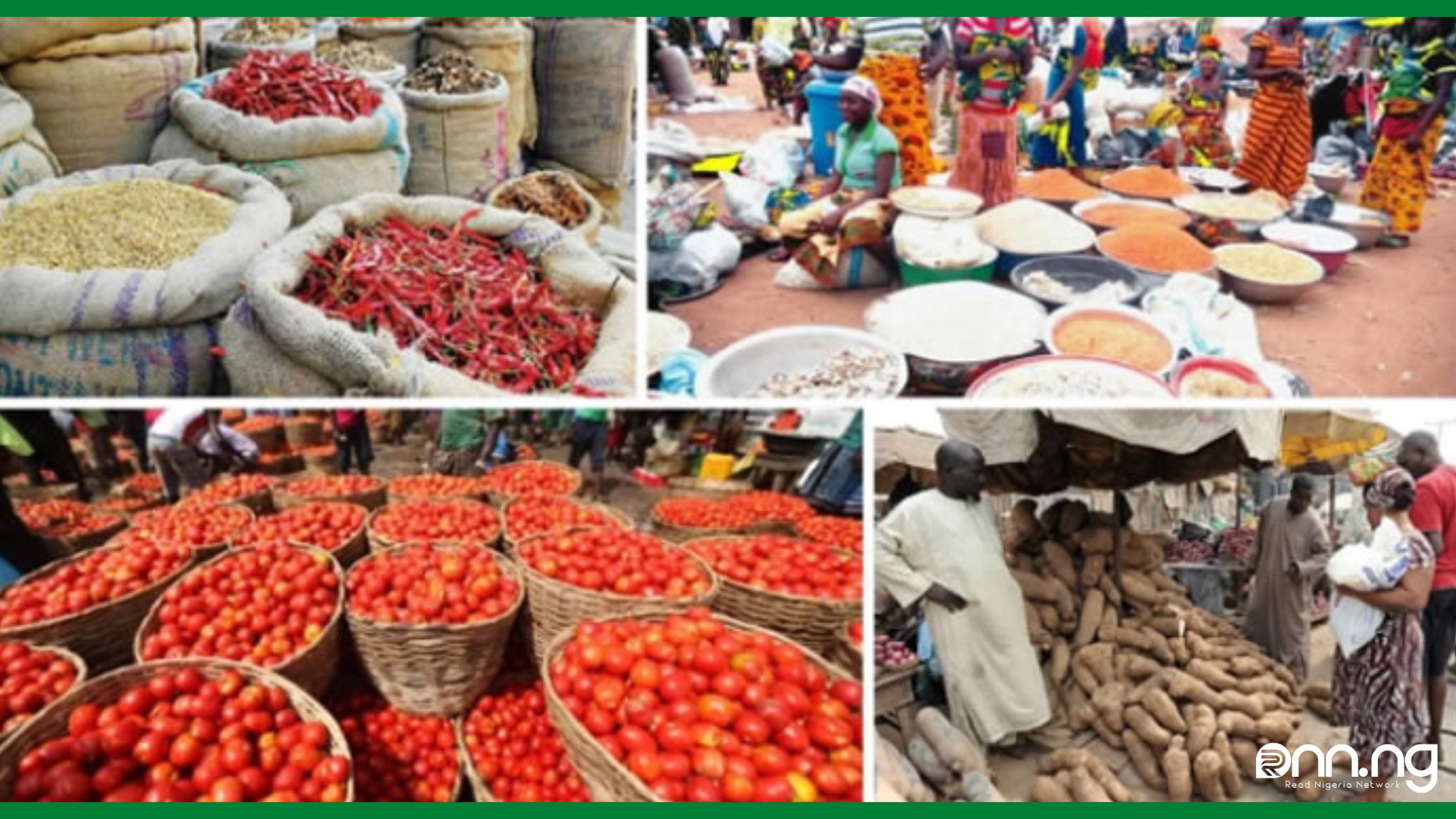Business News
Millions of Nigerians may face food crisis in August 2023 – FAO
According to estimates from the Food and Agriculture Organization of the United Nations (FAO), 25.3 million Nigerians may face a food…

According to estimates from the Food and Agriculture Organization of the United Nations (FAO), 25.3 million Nigerians may face a food crisis between June and August 2023 if urgent action is not taken to increase and sustain food and livelihood support. According to FAO, this was covered in its Food and Nutrition Analysis from October 2022.
According to the estimate, through October 2022, around 17 million people—including IDPs and returnees—lived in 25 states and the Federal Capital Territory (FCT) at “crisis or worse levels.” According to the FAO, three million of them people reside in the states of Borno, Adamawa, and Yobe.
“Furthermore, an estimated 25.3 million people are projected to be in crisis or worse levels during the 2023 lean season (June – August) with 4.4 million in Borno, Adamawa and Yobe, if immediate steps to scale up and sustain livelihood and food assistance are not taken,” it added in a statement.
In the announcement, it was stated that the Government of the Royal Kingdom of Norway had renewed its financial partnership with FAO in order to assist the most vulnerable people in the states of Borno, Adamawa, Yobe, and Taraba, with a particular focus on families headed by women.
READ MORE: Nigerian foodtech startup, Orda, raises $3.4 million in seed funding
According to FAO, the three-year initiative will help 43,990 households (or around 307,930 people), with at least 45 percent of the women receiving direct benefits such as agricultural supplies, livestock assets, and energy-saving stoves.
IDPs, host communities, and returning members of displaced homes are allegedly among the beneficiaries, with women-headed households receiving special attention.
The Royal Kingdom of Norway’s ambassador to Nigeria, Knut Eiliv Lein, said during a signing ceremony to begin the project’s execution in Abuja that his nation remained committed to aiding the efforts to rebuild the North-livelihoods East that had been damaged by the fighting.
“The project that we are signing here today is a component of Norway’s broader assistance to Nigeria in general, which also includes humanitarian initiatives that are especially directed at the needs of persons in the North-East.
Ambassador Lein stated, “We have collaborated with numerous organizations to address a multitude of challenges, including health, food security, democracy, gender equality, and more.
According to Fred Kafeero, the FAO Representative in Nigeria and to the Economic Community of West African States (ECOWAS), Norway’s support is a significant step in bolstering Nigeria’s commitment to the battle against poverty, food insecurity, and malnutrition.
“The new project, whose agreement we are signing here today, marks the continuous and fruitful collaboration, and partnership that exists between the Government of the Royal Kingdom of Norway and FAO in Nigeria,” Mr. Kafeero said.
“Thanks to this collaboration for years now, the conflict-affected populations of Borno, Adamawa, and Yobe (BAY) states have greatly benefited from the agricultural-based livelihoods support that has enabled them to improve their food security as well as build their resilience.”
The assistance aims to increase vulnerable communities’ capacity to withstand humanitarian crises, climate variability, and change, as well as to create climate-resilient livelihoods in the BAY states.
IDPs, host communities, and returns of relocated homes, with a special focus given to households led by women, are said to be the beneficiaries who will receive special training on animal husbandry, farming, and agribusiness.
